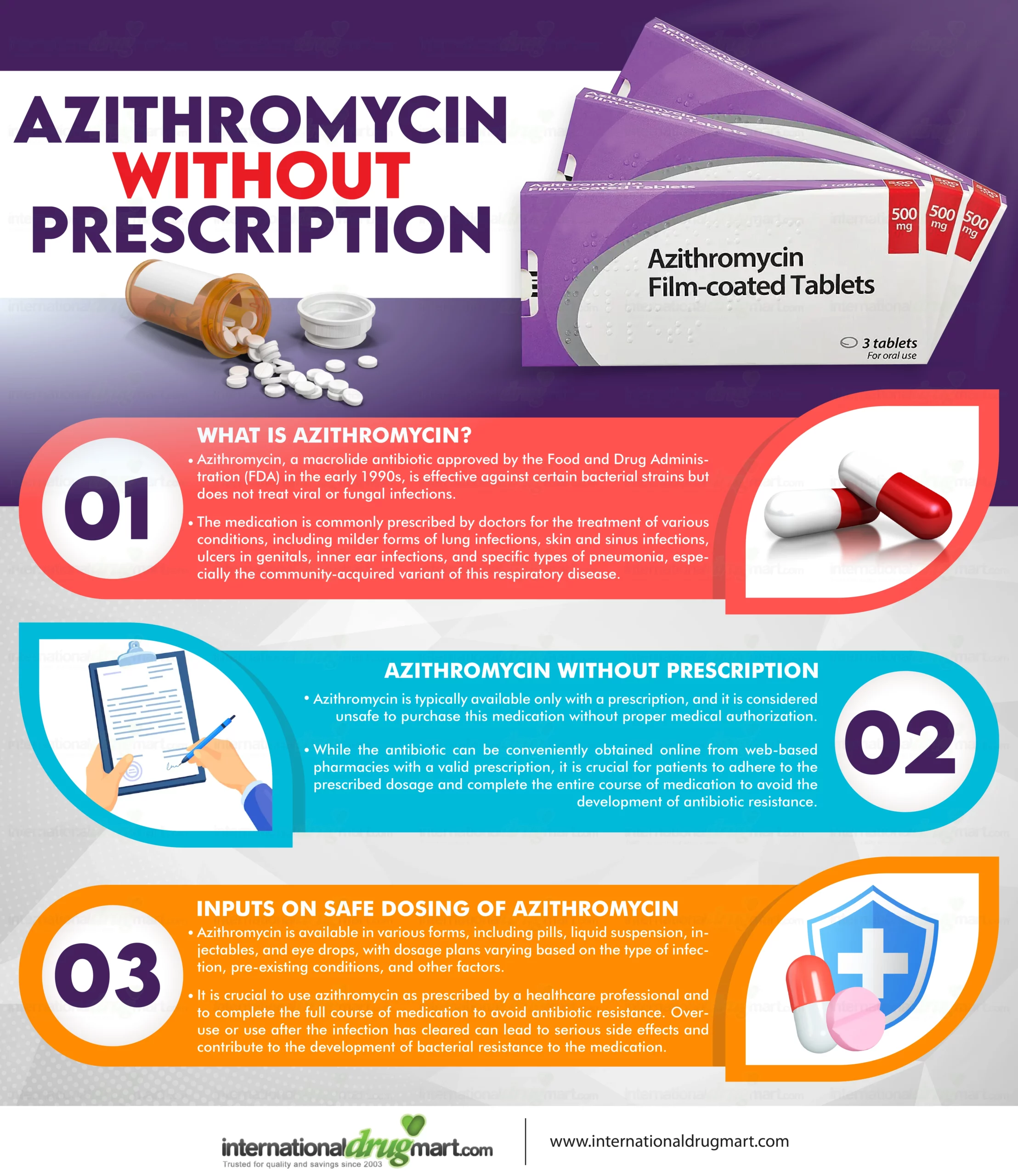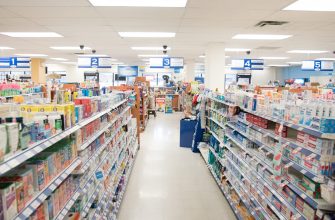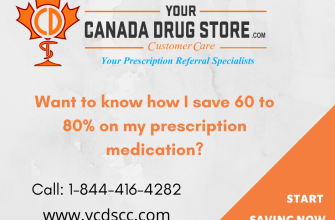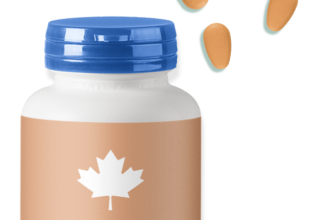Consider using international online pharmacies. Many reputable international pharmacies offer significantly lower prices on prescription medications compared to US pharmacies. This cost savings can be substantial, particularly for long-term medications or those with high costs. Remember to verify the pharmacy’s legitimacy before making a purchase.
Always prioritize verified online pharmacies. Check for licensing information and independent verification seals from organizations like LegitScript. Read reviews from other customers, paying attention to experiences with shipping times and customer service. Don’t hesitate to contact the pharmacy directly with questions before placing an order.
Compare prices across multiple pharmacies. Prices can vary greatly, even for the same medication. Use price comparison websites or directly contact several pharmacies to get quotes. Factor in shipping costs and potential customs fees to get an accurate price comparison. Remember: the cheapest option isn’t always the best option; thorough research is key.
Disclaimer: Purchasing medications online without a prescription can carry risks. Always consult your doctor before starting any new medication regimen. This information is for informational purposes only and does not constitute medical advice.
- Cheap Drugs Online Without Doctor: A Detailed Look at the Risks
- Incorrect Dosage and Interactions
- Lack of Medical Oversight
- Quality and Safety Concerns
- Legal Ramifications
- Recommendation: Prioritize Your Health
- Identifying Legitimate Online Pharmacies
- Contact Information Verification
- Scrutinize the Website
- Prescription Requirements
- Licensing and Registration
- Medication Pricing
- Understanding Prescription Drug Requirements
- Types of Prescriptions
- Prescription Information
- Filling Your Prescription
- Safe Medication Practices
- Understanding Refills
- Common Prescription Drug Categories and Their Restrictions
- Consequences of Ignoring Requirements
- The Dangers of Counterfeit Medications
- Harmful Ingredients
- Ineffective Treatment
- Identifying Counterfeit Drugs
- Risks of Untreated Medical Conditions
- Potential for Drug Interactions
- Legal Ramifications of Buying Drugs Online Illegally
- Federal Penalties (USA)
- State-Level Penalties (USA)
- International Implications
- Consequences Summary
- Protecting Yourself
- Disclaimer:
- Protecting Your Personal Information Online
- Secure Passwords
- Online Security Best Practices
- Protecting Your Financial Information
- Checking for Website Legitimacy
- Finding Safe and Affordable Healthcare Alternatives
Cheap Drugs Online Without Doctor: A Detailed Look at the Risks
Avoid buying medication online without a prescription. This practice carries significant health dangers. Counterfeit drugs are a major problem; studies show a substantial percentage of online pharmacies sell fake medications, often containing incorrect dosages or harmful substances. This can lead to treatment failure, adverse reactions, or even death.
Incorrect Dosage and Interactions
Getting the wrong dosage is extremely risky. Without a doctor’s guidance, you cannot ensure you’re taking the appropriate amount. Incorrect dosage can cause serious health issues, ranging from mild side effects to life-threatening complications. Further, you risk dangerous drug interactions if you are already taking other medications without consulting a physician.
Lack of Medical Oversight
A doctor monitors your progress and adjusts treatment as needed. Buying drugs online without a prescription removes this critical layer of medical supervision. You lack access to vital support and guidance. This significantly increases the risk of complications and delayed diagnosis of potential problems.
Quality and Safety Concerns
Online pharmacies without proper regulation often lack quality control. This means the drugs you receive may not meet safety standards. The manufacturing process, storage, and handling may be substandard, potentially exposing you to contaminated or degraded drugs. Independent verification of online pharmacy legitimacy is almost impossible.
Legal Ramifications
Purchasing prescription drugs illegally is against the law in many countries. You risk fines or even criminal prosecution. Additionally, any health problems arising from unregulated medication purchases may be harder to treat, since legal issues complicate the process of seeking help.
Recommendation: Prioritize Your Health
Your health and safety depend on responsible medication practices. Always consult a medical professional before taking any prescription or over-the-counter medication. Explore safe and affordable options for accessing legitimate medications through your healthcare provider or recognized pharmacies.
Identifying Legitimate Online Pharmacies
Check for verification seals. Look for the Verified Internet Pharmacy Practice Sites (VIPPS) accreditation seal from the National Association of Boards of Pharmacy (NABP) or a similar seal from a reputable organization in your country. This indicates adherence to strict standards.
Contact Information Verification
Verify contact information. Legitimate pharmacies provide a physical address, phone number, and email address. Check if this information is accurate and accessible. Be wary of pharmacies using only PO boxes or lacking contact details.
- Use a reverse phone lookup to verify the number.
- Search the address on Google Maps to check its existence.
- Try to contact them via phone and email, and note the response time and professionalism.
Review their privacy policy. A trustworthy pharmacy will have a clear and easily accessible privacy policy explaining how they handle your personal and medical information. Look for commitments to data security and compliance with relevant regulations (like HIPAA in the US).
Scrutinize the Website
Inspect the website’s design and security. Secure websites begin with “https” and usually display a padlock icon. Poor website design, broken links, and unprofessional content are red flags.
- Check for secure payment gateways (e.g., SSL encryption).
- Examine the site for grammatical errors and unprofessional writing.
- Look for customer reviews and testimonials, but be aware that some may be fake.
Prescription Requirements
Understand their prescription requirements. Reputable online pharmacies require a valid prescription from a licensed physician before dispensing medication. They won’t offer drugs without a prescription. Any site offering medications without a prescription is highly suspicious.
Licensing and Registration
Confirm their licensing and registration. Legitimate pharmacies are licensed to operate in their respective jurisdictions. Check their website for license information or contact the relevant regulatory body in your area to verify their status.
Medication Pricing
Be wary of unusually low prices. Prices significantly lower than those at brick-and-mortar pharmacies or other reputable online pharmacies may signal counterfeit or substandard drugs.
Understanding Prescription Drug Requirements
Always obtain prescriptions from licensed medical professionals. This ensures your safety and the legality of your medication. Never attempt to bypass this crucial step.
Types of Prescriptions
Prescriptions vary based on the drug and your individual needs. Some medications require a single fill, while others allow refills. Your doctor will specify the details on your prescription, including the number of refills allowed.
Prescription Information
Your prescription includes vital information: your name, the drug name, dosage, frequency, and quantity. The doctor’s signature and contact information are also included. Carefully review every detail before filling your prescription.
Filling Your Prescription
Use only licensed pharmacies to fill your prescription. Check the pharmacy’s license and reviews to ensure legitimacy. Never purchase medications from unauthorized online sources without verification.
Safe Medication Practices
Proper storage is key to maintaining medication effectiveness and preventing accidental ingestion. Store your medication as instructed on the label, typically in a cool, dry place away from children and pets.
Understanding Refills
Refills require doctor approval. Contact your doctor before your prescription runs out to request a refill. Don’t wait until you’re completely out of medication.
Common Prescription Drug Categories and Their Restrictions
| Drug Category | Typical Restrictions |
|---|---|
| Opioids | Strict regulations due to high potential for abuse; frequent monitoring required. |
| Controlled Substances | Regular check-ups with your doctor and limited refill options are standard. |
| Antibiotics | Often limited to a specific course of treatment; may not be refillable. |
Consequences of Ignoring Requirements
Purchasing or using prescription drugs without a prescription carries legal and health risks. This can lead to fines, imprisonment, or adverse health effects due to incorrect dosage or drug interactions.
The Dangers of Counterfeit Medications
Buying medications online without a prescription exposes you to a significant risk: counterfeit drugs. These fake pills can contain the wrong dosage, inactive ingredients, or even dangerous toxins. The World Health Organization estimates that 10% of all medicines globally are counterfeit.
Harmful Ingredients
Counterfeit drugs frequently contain harmful substances. These range from fillers like floor sweepings to toxic chemicals. Taking these can cause anything from mild side effects like nausea to severe organ damage and even death. Research shows a strong correlation between counterfeit medications and serious adverse events.
Ineffective Treatment
Even if a counterfeit drug doesn’t contain outright poisons, it may lack the active ingredient necessary to treat your condition. This means your illness might worsen, delaying proper treatment and potentially leading to long-term health complications. Delayed or inadequate treatment due to counterfeit drugs can have serious consequences.
Identifying Counterfeit Drugs
Spotting fake medications is difficult, even for medical professionals. Look for inconsistencies in packaging, printing errors, or unusual tablet shapes or colors. Misspellings or blurry logos are common warning signs. If you suspect a medication is counterfeit, immediately discard it and report it to your local health authorities.
Risks of Untreated Medical Conditions
Ignoring health problems can lead to serious complications. For example, untreated high blood pressure significantly increases your risk of heart attack, stroke, and kidney failure. These conditions can cause permanent disability or death.
Similarly, neglecting diabetes can damage your nerves, eyes, and kidneys. Untreated diabetes also increases your risk of heart disease, blindness, and amputation. Regular checkups and proper management are crucial for preventing these severe outcomes.
Untreated infections, whether bacterial or viral, can spread throughout your body, potentially leading to sepsis, a life-threatening condition causing organ failure. Early diagnosis and treatment are vital for preventing this.
Mental health conditions, such as depression and anxiety, left unaddressed, can worsen, affecting your relationships, work, and overall quality of life. Untreated mental illness can even result in self-harm or suicide. Seek professional help; numerous resources are available.
Remember: Delaying medical care can have severe consequences. If you experience concerning symptoms, consult a doctor.
Your health is your responsibility. Don’t gamble with it.
Potential for Drug Interactions
Buying drugs online without a doctor’s prescription significantly increases your risk of dangerous drug interactions. This is because you bypass the crucial step of a pharmacist or doctor reviewing your medical history and current medications.
Consider these scenarios:
- You take a blood thinner and unknowingly purchase an over-the-counter pain reliever that also thins your blood. This combination could lead to excessive bleeding.
- You have a specific allergy, and the medication contains an ingredient that triggers a severe reaction.
- You are already on prescription medication, and the new drug interacts negatively, reducing its effectiveness or creating harmful side effects.
To mitigate these risks:
- Always consult a doctor or pharmacist before taking any new medication, even those you obtain online or over-the-counter.
- Provide a complete list of all medications, supplements, and herbal remedies you are currently using to your doctor or pharmacist.
- Carefully read all medication labels and instructions, paying close attention to potential interactions.
- Be aware of the symptoms of drug interactions, such as unusual bleeding, allergic reactions, or worsening of existing conditions. Seek immediate medical attention if you experience any.
- Keep a record of all your medications, including dosage and frequency, for easy reference.
Remember, your health is paramount. Ignoring potential drug interactions can have serious consequences. Prioritize your well-being and seek professional medical guidance before purchasing or using any medication.
Legal Ramifications of Buying Drugs Online Illegally
Purchasing prescription medication online without a prescription is risky. You could face significant legal consequences depending on your location and the specific drug involved. Penalties vary widely.
Federal Penalties (USA)
In the United States, the Food and Drug Administration (FDA) regulates drug importation. Importing unapproved drugs, even in small quantities, is illegal and can result in substantial fines, and even imprisonment. The severity depends on factors like the amount of drugs involved and the intent.
State-Level Penalties (USA)
Each state has its own laws regarding illegal drug possession. Possession of drugs obtained illegally online often carries penalties ranging from hefty fines to jail time. Penalties are determined by the type and quantity of the drug.
International Implications
International laws also apply. Importing medications from countries without proper authorization violates international trade regulations and may carry severe penalties in both the country of origin and your own.
Consequences Summary
| Offense | Potential Penalties (USA) |
|---|---|
| Possession of illegal drugs | Fines, jail time (varies by state and drug type) |
| Importation of unapproved drugs | Significant fines, imprisonment (federal charges) |
| Fraudulent use of prescription | Fines, jail time, and potential impact on health insurance eligibility |
Protecting Yourself
Always obtain prescriptions from licensed medical professionals and purchase medications from legitimate pharmacies. This ensures both the safety and legality of your medication.
Disclaimer:
This information is for educational purposes only and should not be considered legal advice. Consult with a legal professional for specific guidance.
Protecting Your Personal Information Online
Never share your full name, address, or date of birth on untrusted websites. These details are often used for identity theft.
Secure Passwords
- Use strong, unique passwords for every account. Combine uppercase and lowercase letters, numbers, and symbols.
- Consider using a password manager to generate and store your passwords securely.
- Change your passwords regularly, at least every three months.
Avoid clicking on suspicious links in emails or text messages. Phishing scams often use these links to steal your information.
Online Security Best Practices
- Only use secure websites. Look for “https” in the website address and a padlock icon in the browser.
- Be cautious about public Wi-Fi. Avoid accessing sensitive information on unsecured networks.
- Install and regularly update antivirus and anti-malware software on your devices.
- Enable two-factor authentication (2FA) wherever possible for added security.
Protecting Your Financial Information
Never enter your credit card or bank details on websites that don’t have a secure connection. Look for the padlock icon. Be wary of sites that ask for excessive personal information during checkout.
Checking for Website Legitimacy
- Verify the website’s legitimacy by checking for contact information, an “About Us” page, and customer reviews.
- Search online for reviews of the website before providing any personal or financial information.
- Be suspicious of websites with poor grammar or spelling errors.
Report any suspicious activity to the relevant authorities immediately. Protecting your data is your responsibility – be vigilant!
Finding Safe and Affordable Healthcare Alternatives
Explore telehealth platforms. Many offer virtual consultations with licensed doctors for significantly lower costs than in-person visits. Consider services like Teladoc or MDLive; compare pricing and available services before choosing.
Utilize generic medications. Generic drugs contain the same active ingredients as brand-name drugs but cost considerably less. Ask your doctor or pharmacist about generic alternatives for your prescriptions.
Negotiate prescription costs. Don’t hesitate to discuss pricing with your pharmacist. They may offer discounts or suggest cheaper alternatives. Many pharmacies have patient assistance programs that provide reduced-cost medications.
Investigate local health clinics. Community health centers and free clinics often provide affordable or free healthcare services, especially for low-income individuals. Check your local government websites for listings.
Look into prescription drug discount cards. Several organizations offer discount cards that can lower out-of-pocket expenses. Compare options and choose one that best suits your needs. These aren’t insurance but can save money.
Examine your health insurance options. Review your current coverage and explore options like switching plans or adding a supplemental insurance plan. Compare plans based on your specific needs and budget.
Consider preventative care. Regular check-ups and screenings can help detect problems early, preventing costly treatments later. Regular checkups are often less expensive than managing advanced health conditions.









